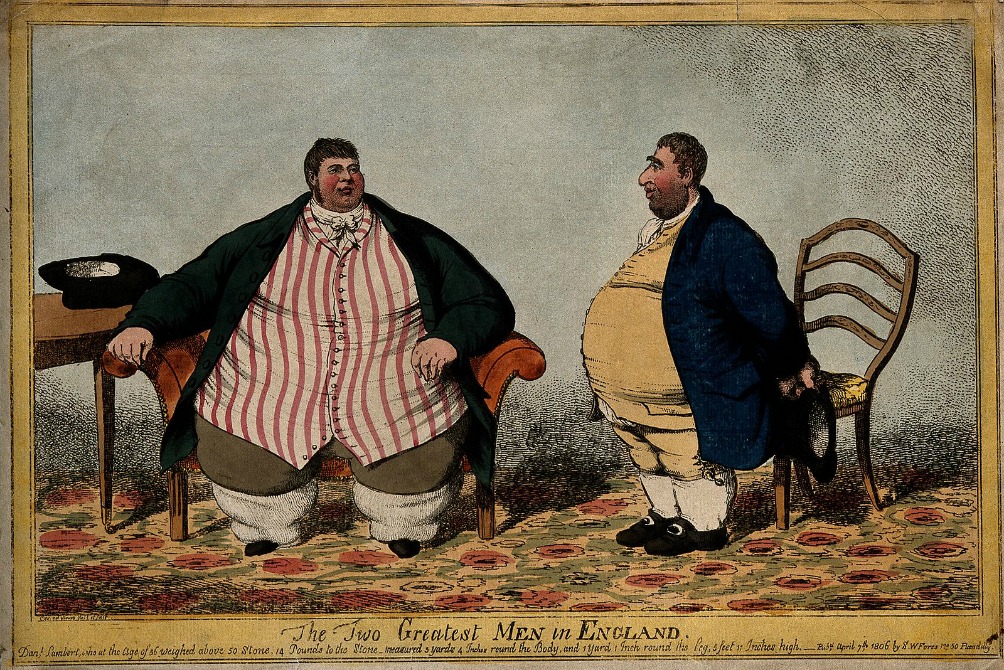Obesity is a national obsession, not a disease
The Royal College of Physicians has said that, in order to bring obesity under control, it should be viewed not as a result of lifestyle choice but as a disease.
Statistics about obesity are contestable and should be treated with caution. There is no doubt, however, that being overweight exacerbates both the incidence and severity of certain conditions such as diabetes, heart disease and cancer.
To call obesity itself a disease, however, is an abuse of language. A disease is an organic disorder that affects a particular function and happens beyond your control. Obesity is another word for being grossly fat.
Mealtimes have been widely replaced by a semi-permanent state of grazing. You can see this on public transport such as the London Underground where people are eating at all times of day, even consuming entire meals complete with plastic cutlery.
There are other public health challenges, such as smoking, excessive drinking or illegal drug-taking. Yet obesity stands out on account of the blizzard of contradictory advice it produces and the divisions it provokes about its causes and remedies.
All this owes little to logic or evidence. It would appear, therefore, that it isn’t so much obesity that should be treated as a pathology but rather the obsession with it.
To read my whole Times column (£), please click here.




